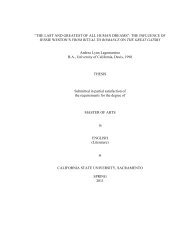Complete Thesis_double spaced abstract.pdf
Complete Thesis_double spaced abstract.pdf
Complete Thesis_double spaced abstract.pdf
You also want an ePaper? Increase the reach of your titles
YUMPU automatically turns print PDFs into web optimized ePapers that Google loves.
General Lucas (1978-1982):<br />
Economic Development and National Reconstruction through the use of Foreign Aid<br />
General Lucas was one of, if not the largest beneficiary of the military’s practice of self-<br />
enrichment. The practice of rewarding allies and supporters in the military with economic<br />
opportunities in the private sector led to considerable infighting and competition within the<br />
military and between the private sector elites and the military. The tactics used by the military in<br />
the political arena to repress and control the population, the systematic murder or disappearance<br />
of any political adversaries or competition, was used more prolifically in the economic arena as<br />
politics and economics became closely tied. In 1981-1982 the lines between favored and out-of-<br />
favor were clear; Guatemalan business elites, members of the MLN, the middle class, U.S.<br />
business investors, and junior officers had grown increasingly incensed by the rampant corruption<br />
during a period of economic recession and internal warfare. As the Lucas regime displayed even<br />
more openly corrupt, violent and economically unstable behavior segments of the elite population<br />
began to distance themselves from the Lucas regime; further cultivating their close ties with the<br />
United States government and American business elites. This involved intense lobbying efforts<br />
in Washington D.C. by Guatemalan elites. It also involved the strengthening of ties between like<br />
institutions in each state; such as the Chamber of Commerce. Finally it involved increasing the<br />
partnerships of U.S. firms and Guatemalan firms in ventures outside of agriculture.<br />
In search of new revenues the Lucas administration siphoned funds designated for<br />
infrastructure projects, widely inflating the construction costs of existing projects, and increased<br />
taxes on coffee exporters (Black, 1984, 119). The United States government and the IMF sent<br />
conflicting signals to General Ydígoras; the United States continued to send aid to the<br />
Guatemalan government. Also, the IMF continued to lend to Guatemala, US$110 million. IMF<br />
conditionality on loans required Guatemala to cut their already “lowest per capita in Central<br />
141



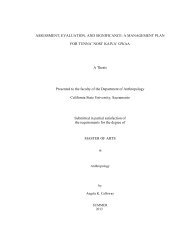
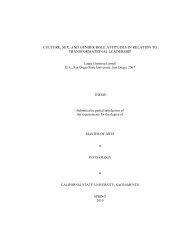
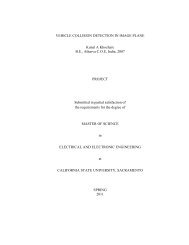
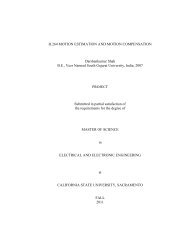
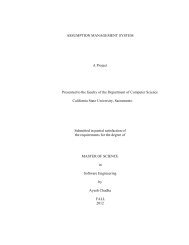
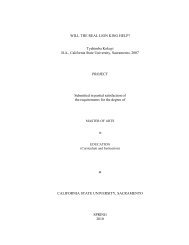
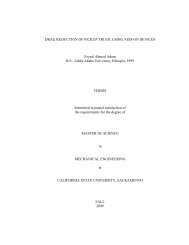
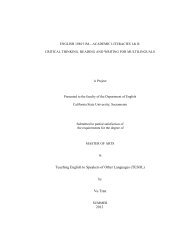
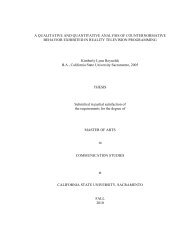
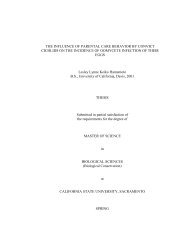
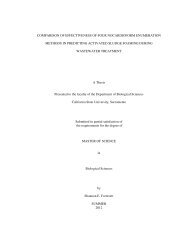
![Completed Thesis to Grad Studies[Final3].pdf](https://img.yumpu.com/17538645/1/190x245/completed-thesis-to-grad-studiesfinal3pdf.jpg?quality=85)
